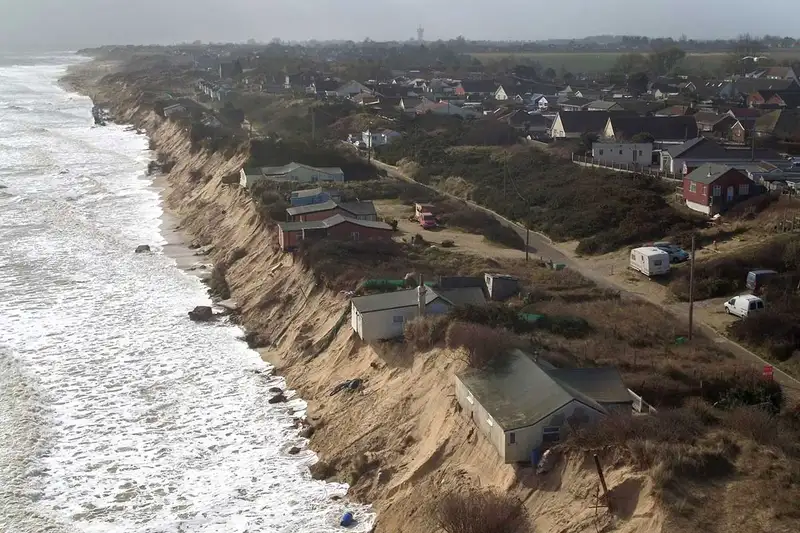The independent climate watchdog has warned that the UK must act urgently to meet its international climate commitments, after sending “mixed messages” to other countries at the Cop28 UN climate summit in December.
The Climate Change Committee said that while carbon reduction from electricity generation has shown progress, the rate at which all other sources of emissions are being cut must quadruple to meet the UK’s target under the Paris agreement of 68% reductions in emissions by 2030.
Piers Forster, who is the interim chair of the committee, said: “We must rapidly replace fossil fuels with low-carbon alternatives to get back on track to meet our 2030 goal. The UK could set a powerful example of tackling climate change and reducing our insecurity to climate impacts.”
Recall that the committee released its summary of the implications of the Cop28 outcome for the UK on Tuesday. At the summit, nations agreed for the first time to target a transition away from fossil fuels, although the framing of the commitment was weaker than many nations hoped.
The UK was sharply criticised by civil society leaders, and privately by many countries, for its stance at the summit. Rishi Sunak, the prime minister, attended only briefly and held few meetings with his counterparts, while his U-turn on net zero only weeks before cast a shadow over British participation in the talks.
Read also: UN report shows extraction of raw materials to rise by 60% by 2060
In measured language, the CCC, which advises the UK and devolved governments on emissions targets, said the government had “maintained a strong presence at Cop28”, but added: “The international perception of the UK’s climate ambition suffered from mixed messages following announcements on new fossil fuel developments and the prime minister’s speech to soften some net zero policies. The committee urges a continued visible presence at future Cops and even greater domestic climate ambition to reinforce the UK’s international standing.”
It will also be recalled that In September last year, Sunak rowed back on key climate policies, including postponing the phase-out of sales of new fossil fuel vehicles, and announced fresh licences for North Sea oil and gas, which were greeted with international dismay.
At Cop28, the UK argued for the phase-out of fossil fuels, but at home Sunak was insisting that oil and gas would have a central role in UK energy for decades. The government also gave the green light to a new coalmine, while other countries were being urged to give up coal.
Story was adapted from the Guardian.
